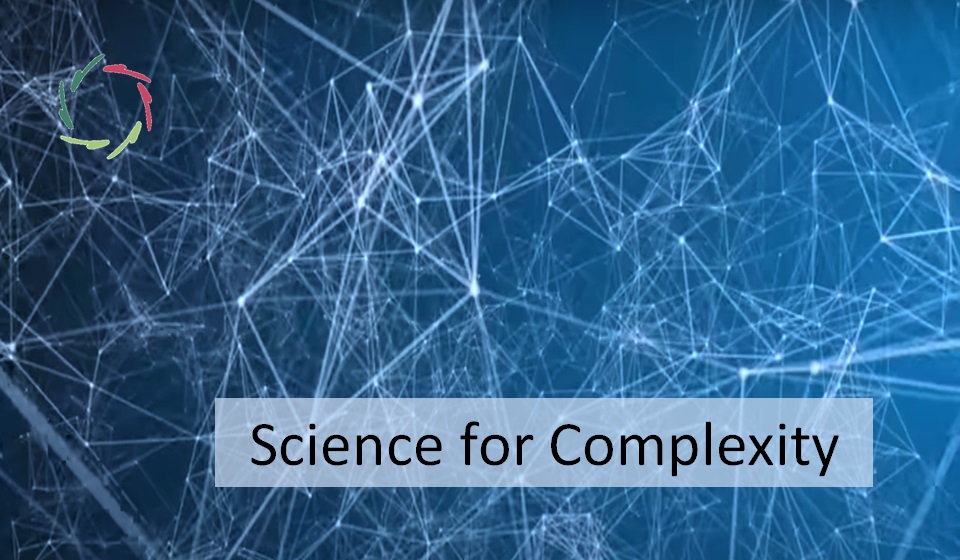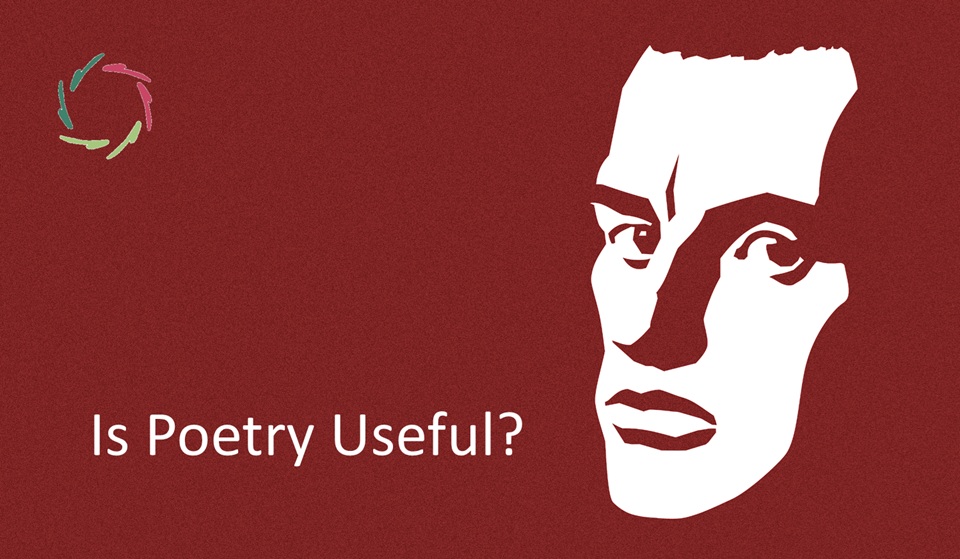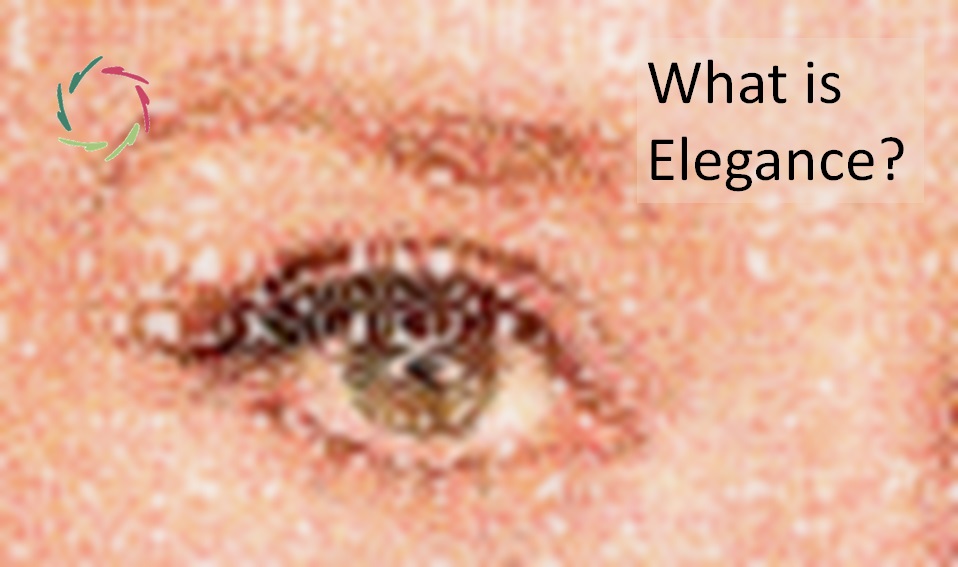Science for Complexity

Especially in human-related sciences, holding on to a Platonean ideal is insufficient for grappling with present-day challenges. We need new science to manage complexity.
A.I. can provide the necessary tools for this.
Science of medicine and psychosomatics
Until now, medical science has been based on a non-complex picture of the human being. This accords with only a minor part of the latter.
In psychosomatics, we encounter complexity to the max. This cannot be adequately managed with only ‘old hat science.’ An exclusive use of such may have the side effect of discarding the whole field as non-scientific. With science for complexity, the field can be drawn toward within the scientific world by broadening this world.
Intriguingly, it’s the discarding side that then becomes unscientific ― a modern Copernican revolution. As usual, several vested interests won’t like this. Nevertheless, reality and humanity demand it to go through.
Is this science replicable?
Sure, it’s replicable in bigger amounts of numbers. Moreover, since there is no need for extrapolation, there is also no need for being exactly replicable. The science is proper when the replications are well enough. Compare this with the reproducibility crisis of present-day psychotherapy.
With enough user input, replicability can be achieved in Lisa, for instance. Also, this way, Lisa science doesn’t have one endpoint but a whole landscape. Exemplars can be extracted from this landscape for reasons of communication.
Abstractly seen, in a list of bullet points:
- We have a well-established – though still evolving – science for the conceptual world.
- Reality is conceptual AND subconceptual.
- We need a science for complexity — a pending revolution in the scientific domain.
- Once accomplished, both sciences will be integrated into a ‘science for everything.’
- This will coincide with the advent of super-A.I. through the solving of the issue of abstracting patterns.
- Intriguingly, both directions start from different poles, but they will end up in the same synthesis.
Within the clash, of course, the implications for science itself are immense.
That can lead to people’s loss of faith in the scientific construct. We should think about the possible implications of this and how to mitigate them.
Gliding back to magical thinking is a real danger. Therefore, we should strive for more science, not less ― quite a universal challenge for universities!
More than healthcare
Of course, healthcare is explicitly an exciting domain for this because, among other things, it invites massive amounts of communication with many people.
Data and knowledge from this may kickstart science for complexity in other human-related domains (the so-called humanities) as well.
Let’s go for all this.
Let’s go for science with a heart.


